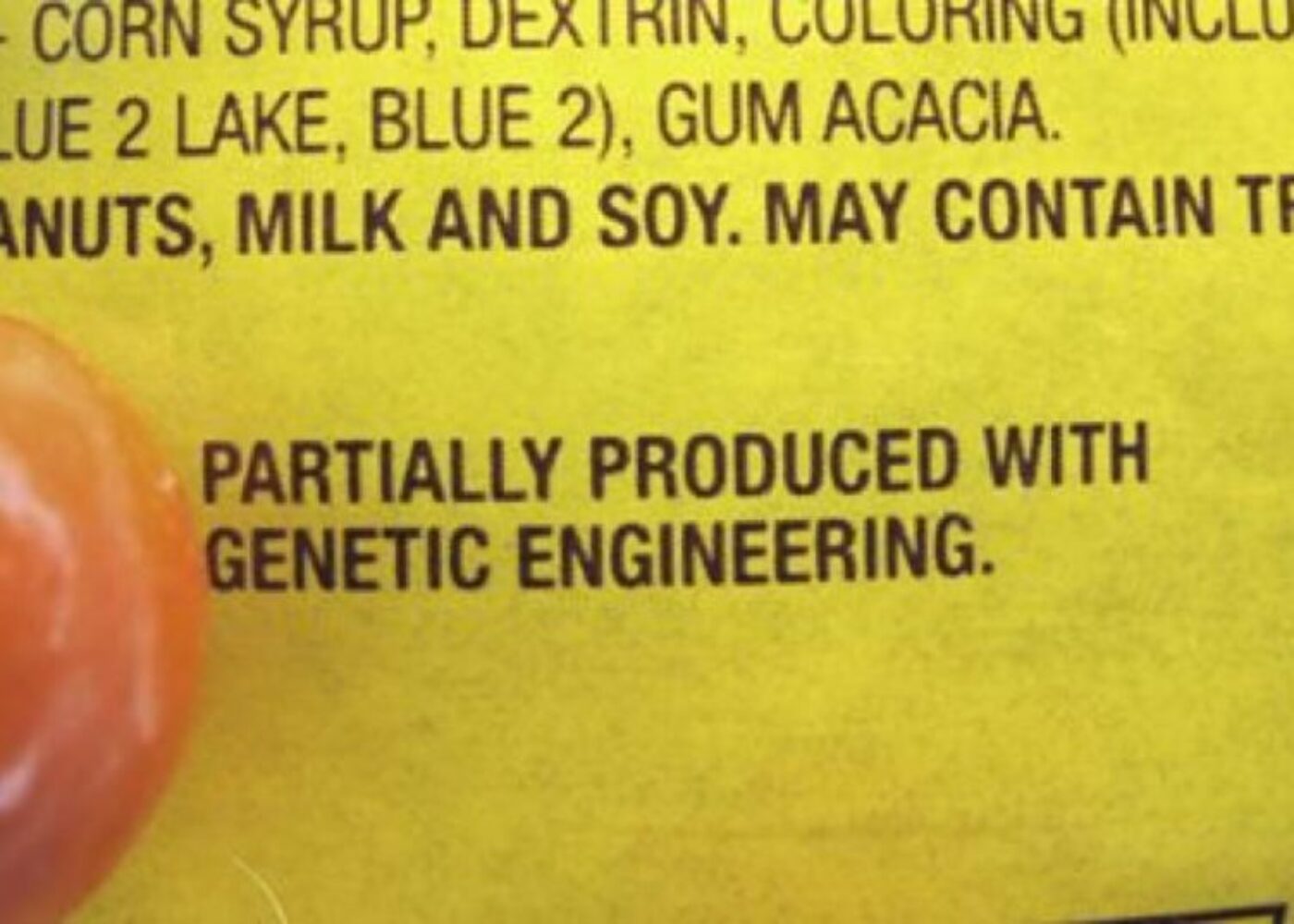GMO Labels are NOT Meaningless

“GMO Labels are Meaningless!” proclaims a Los Angeles Times Op Ed headline published on April 14, 2016. The piece authored by Dr. Henry Miller, a physician and molecular biologist, exposes a hubris common in the biotechnology world. He claims, “Labels will appear on an illogical hodgepodge of new and old products that will in no way indicate risk, safety, quality or anything else that is meaningful.”
However, a growing coalition of farmers, scientists, environmental groups, consumers, and retailers disagree. Dr. Miller forgets that how we grow food matters, not just the science that gets us the seed.
GMO and Impact on Farming
Dr. Miller ridicules the proponents of GMO labeling but fails to address a major concern of consumers. Genetic engineering in food continues to be plagued with doubts and reservations because the most profound impact of genetic engineering in agriculture allows plants to either resist the action of the herbicide glyphosate, or the plant is engineered to produce its own pesticide.
The direct harm from farming practices linked with growing GMO crops includes loss of organic matter, disturbed soil ecology, decrease in carbon sequestration, compromised water aggregates and filtration, weed resistance, and risk of disease to farm workers directly attributed to pesticides and other endocrine disruptors.
 According to Charles Benbrook glyphosate use in the agricultural sector rose 300-fold from 1974 to 2014. Benbrook also reports increasing use of glyphosate as a harvest aid for wheat, barley, edible beans, and a few other crops, with the impact of increasing residues of glyphosate in the food supply.
According to Charles Benbrook glyphosate use in the agricultural sector rose 300-fold from 1974 to 2014. Benbrook also reports increasing use of glyphosate as a harvest aid for wheat, barley, edible beans, and a few other crops, with the impact of increasing residues of glyphosate in the food supply.
A growing number of farmers, the unsung scientists working the land, have figured out that chemically intensive agriculture compromises their soil and everything to do with yield. They are buying more non-GMO seed. Others are merely responding to price premiums driven by consumer demand.
Consumer Demand Increases with Increasing Glyphosate Residues in Food
Dr. Miller conveniently ignores concerns voiced by fellow physicians and scientists regarding potential risks with increasing residues of glyphosate in food. Benbrook documents Monsanto’s success in convincing the EPA to allow for substantial increases in glyphosate tolerance levels in several crops, as well as in animal forages from those crops. Greater tolerance levels results in greater residues of glyphosate measured in the food supply, but not by the folks who should be doing the testing.
A Civil Eats article published in February 17, 2016 exposes rather arrogant policies at both the FDA and the U.S. Department of Agriculture. The Government Accounting Office found that while both agencies routinely conduct testing for the residues of hundreds of pesticides in food, “both agencies routinely skip testing for glyphosate claiming such testing is too expensive and not needed to protect public health.”
GMO’s, Increasing Use of Glyphosate, and Health

In the meantime, bureaucrats dither while consumers push back. There is a reason organic sales continue to increase by double digit percentages every year. Business is merely responding to consumer demand.
Consumers Voting with Their Dollars
Dr. Miller seems rather appalled that large food companies have stepped up to label food products using genetically modified ingredients in accordance to Vermont legislation. He complains that Vermont legislation will require GMO labels on as much as 75% of supermarket offerings—as if that’s a problem.
In essence, Dr Miller exposes a disconcerting lack of perspective when he states, “What is important is the function of the genetic change.” Much like the CEO of Monsanto, Dr. Miller needs to step down from his biotechnology high horse and consider how growing genetically modified crop impacts the food chain, the environment, and entire ecosystems.
American consumers overwhelmingly voice support for GMO labeling. With GMO labeling they will know more about the extent to which genetically modified corn, soy, sugar beet and canola can be found in the food supply.
To Dr. Miller’s consternation, consumers will probably continue to vote with their dollars regardless of biotechnology’s claims of safety for one simple reason. The science regarding everything meaningful isn’t settled at all.





